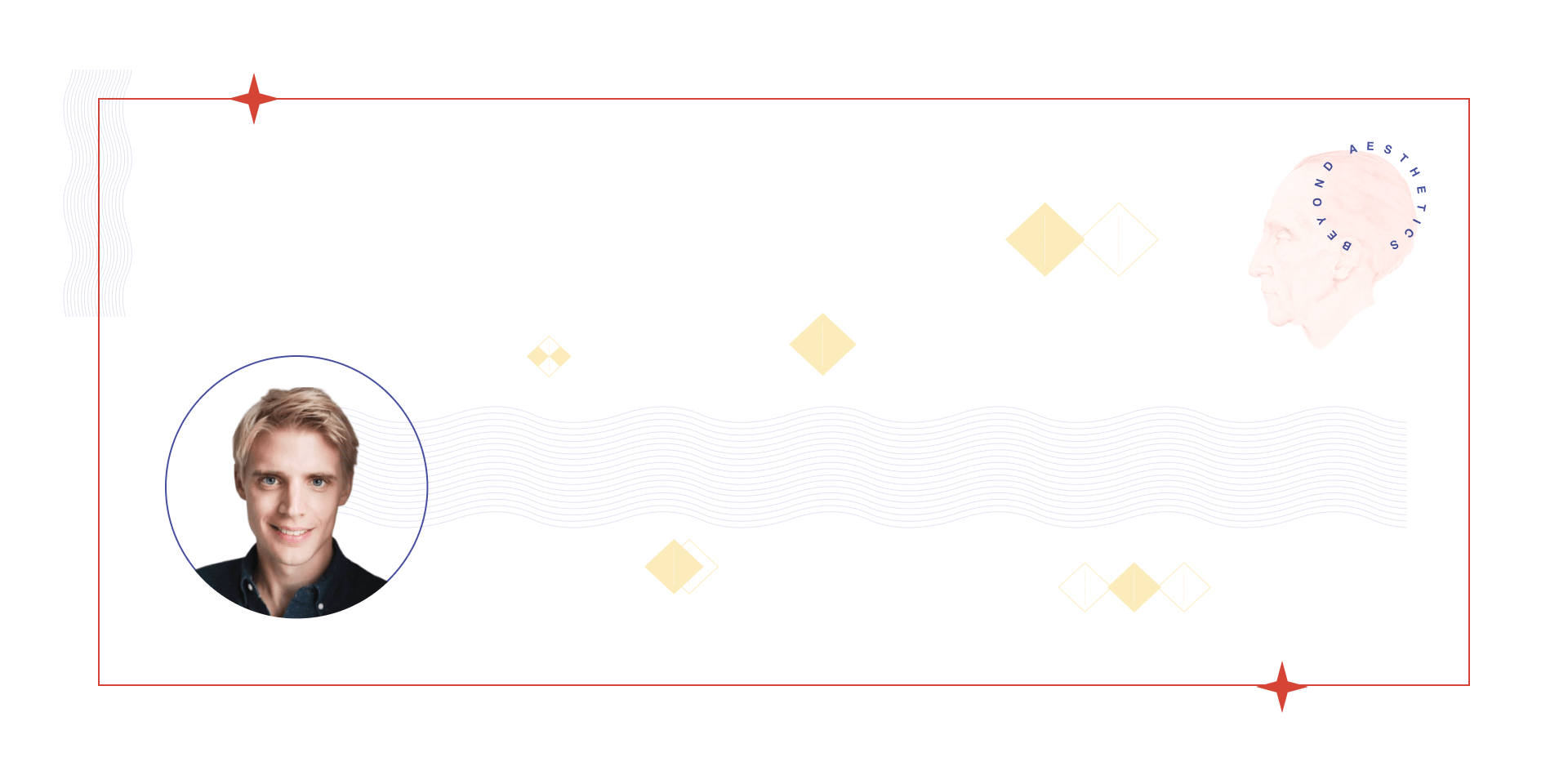How Alex Leveled Up His UX During Lockdown
Fountain Institute alumnus Alex Stojeba tells us how a Fountain Institute course impacted his view of UX design and helped him connect during the most recent lockdown. Alex is a UX Designer at Experience One, a Berlin-based experience agency that helps companies define, create, and deliver the best digital experience worldwide.
Recently, I had the wonderful opportunity of taking part in a six-week-long course for working UX and UI designers. Prior to my enrollment, my professional UX experience revolved mostly around automotive-related projects carried out in an agency environment. The host of practical skills I was able to learn from these seminars left me not only feeling more confident – but they also instilled in me a new sense of inspiration for what design is able to achieve on a more global level.
“Carried out remotely, the course is implemented using a myriad of different facilitation techniques. In addition to the workshops, video calls, and an expertly curated Notion workspace, workshops are what sparked the most life into the course for me.”
In addition to reawakening in me a new sense of excitement, the course took place in the midst of a hard lock-down and was the source of one of the most authentic and engaging online group experiences I’ve ever had.
But before I get into the nitty-gritty on how the Fountain Institute’s Advanced UX/UI Design for the Real World course impacted me, I’d like to shed some light on how I became a UX designer in the first place and what my first years were like in this field.
My pivot to UX
A few years back, I was experiencing a common problem that many graduates of the social sciences and humanities often face upon entering the labor market: estrangement and boredom. It didn’t take long for me to begin dreading going to work after landing my first gig at a startup doing translation and SEO. This lack of enthusiasm wasn’t due to any inhumane working conditions or nefarious colleagues; it was conjured up by something far more toxic: the slow yet increasingly clear realization that I was on the path that could only lead to stagnation.
Many options were floated when considering how to pivot away from this professional equivalent of living in a van down by the river, but ultimately I opted to become a certified UX designer via the Berlin-based e-learning, CareerFoundry.
Fast-forward one year, and I found a job at the renowned agency for digital experiences, Experience One. The learning curve was steep and it took all of my focus and attention to quickly fill any experience gaps necessary for serving the demanding needs of our high-profile clients. As grateful I was and still am to work in this context, at times I found myself missing out on some of the deeper, more profound applications of the UX design process as I navigated from one project to another. Oftentimes extraneous factors, such as client demands and project budgets, as well as my own experience level, simply didn’t allow for some of these methods to be entertained when executing our solutions.
An open atmosphere for exploration
It didn’t take long for me to realize that both the material covered as well as the approach of the Fountain Institute’s Advanced UX/UI Design for the Real World course was just what the doctor ordered for expanding my horizons on the potential of UX design.
Freed from budgetary and temporal constraints, the course created a space for us designers to question some common practices and behaviors often implemented when tackling design briefs in commercial settings. Broadly speaking, what emerged from the online seminars and discussions was a realization that holistic approaches towards design problems – ones that value research and discovery as much as development and delivery – are able to unlock hidden potential, which in turn can have enormous benefits for both clients and users.
Learning remotely: An authentic, engaging experience
Just as inspiring as the lessons and insights on design that I was able to glean from the course were the many authentic interpersonal experiences that unfolded throughout the six weeks. Carried out remotely, the course is implemented using a myriad of different facilitation techniques. In addition to the seminars, video calls, and an expertly curated Notion workspace, workshops are what sparked the most life into the course for me.
The efforts of the facilitators to make these digital sessions feel as casual and natural as possible became apparent early on in the course. By relying on stylish and playful graphics, stimulating and upbeat music, and the creation of personalized avatars for each participant's workspace, these digital spaces were able to nurture an authentic presence that gave a real sense of life to the sessions. This feeling of levity was a constant throughout my entire experience with the Fountain Institute and greatly contributed to its success, I’m convinced.
